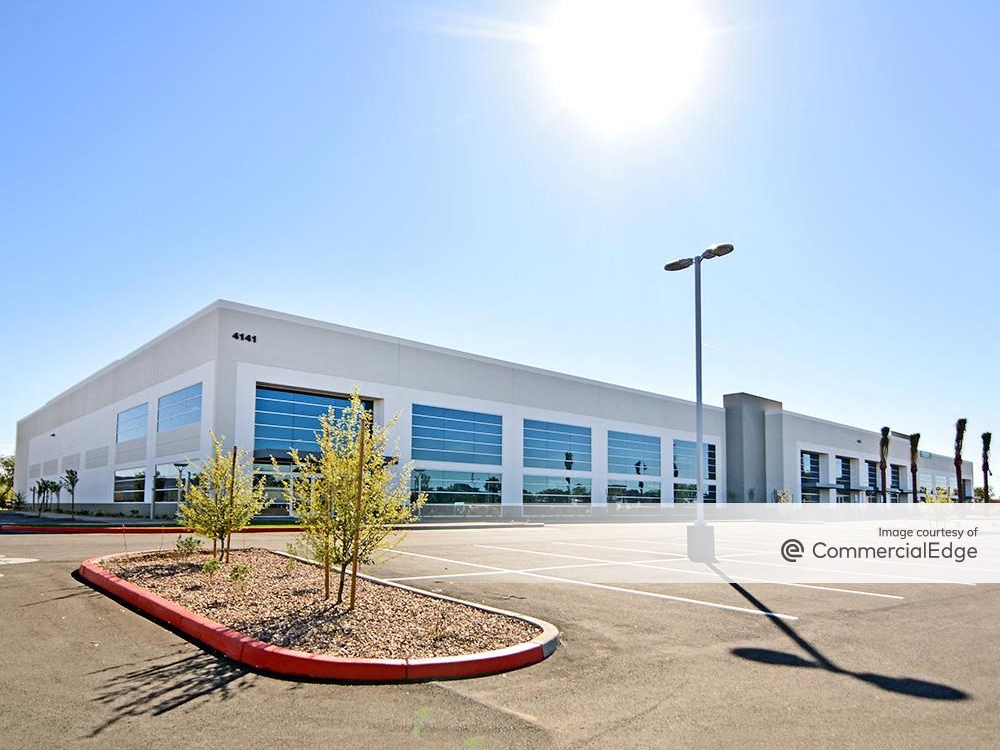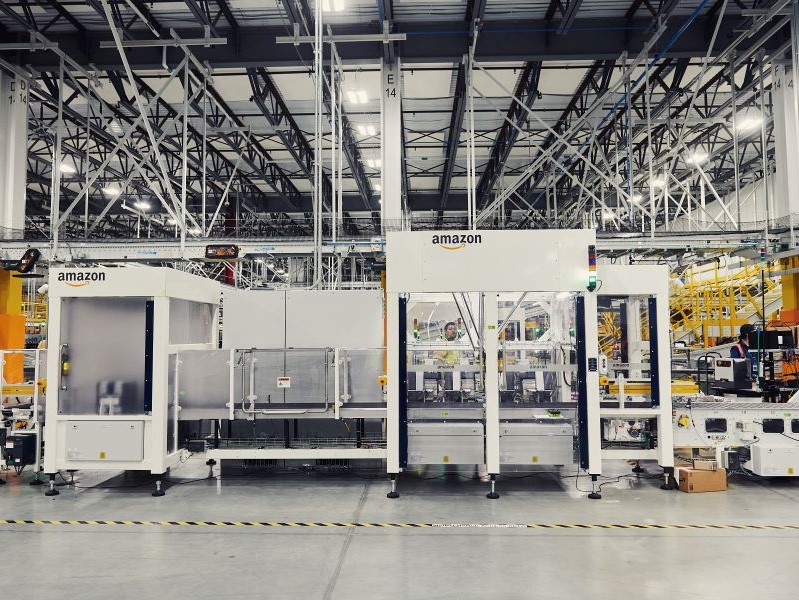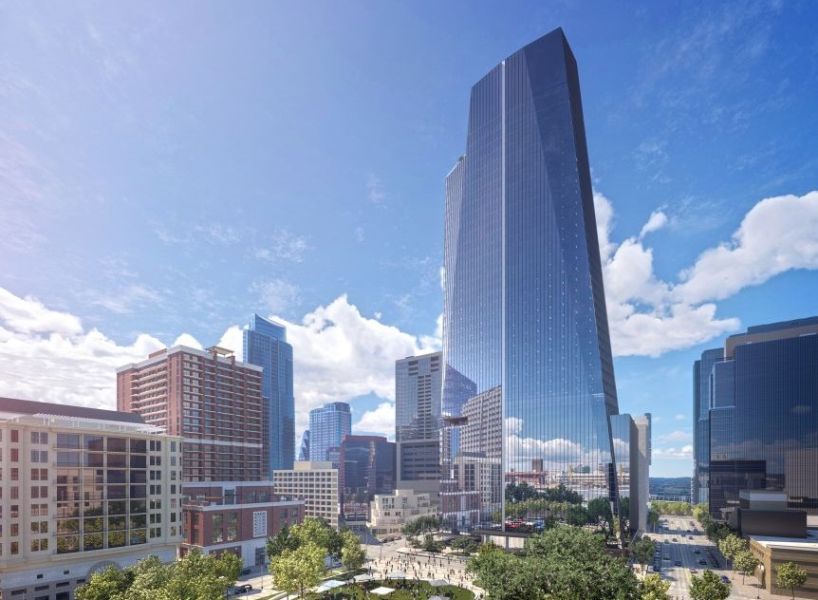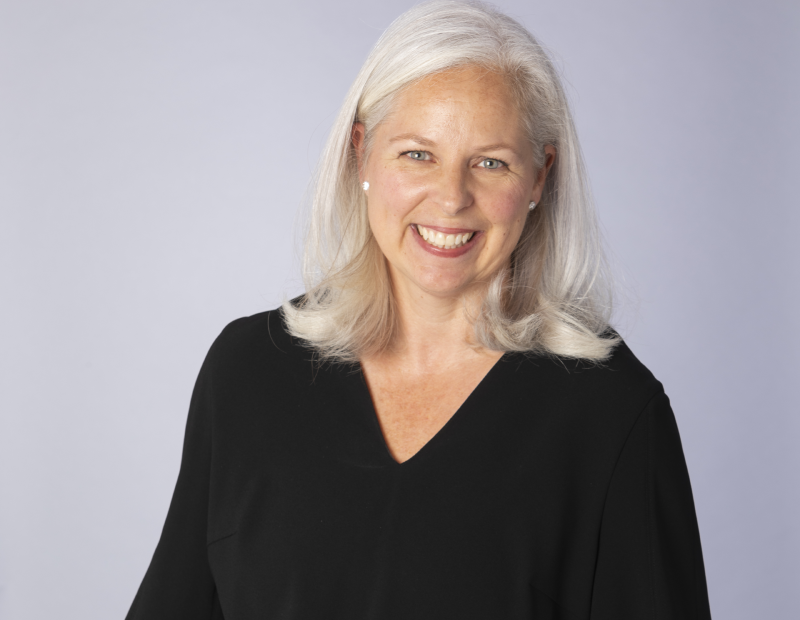Remembering Paul Allen, Tech Pioneer and Real Estate Entrepreneur
Among many other accomplishments, the innovator and philanthropist was the founder of Vulcan Real Estate, which has done much to reshape his Seattle hometown.
This week’s tributes to Paul Allen emphasize his role as the co-founder of Microsoft, yet he also leaves a significant—if perhaps less widely known—legacy as a real estate executive. As the founder of Vulcan Real Estate, the many-sided Allen played a pivotal role in shaping his Seattle hometown for the 21st century. His initiatives are characterized by dedication to innovative, large-scale development, adaptive re-use and sustainable practices.
Allen, who died Oct. 15 at 65 after a lengthy battle with non-Hodgkin’s lymphoma, came to real estate as one of many second careers; his other post-Microsoft efforts ranged from philanthropy, music and biosciences to sports. The Seattle native established Vulcan Inc. in 1986, four years after moving on from the technology giant he founded with his schoolmate Bill Gates. Like other Vulcan affiliates, the real estate arm reflects Allen’s aspiration to make a difference through philanthropy and scientific and technological breakthroughs.
Preserving and Transforming
In that spirit, Vulcan Real Estate has contributed much to Seattle’s emergence as a technology hub and a coveted investment market. Allen took a special interest in the revitalization of the city’s South Lake Union district. A once-bustling industrial neighborhood, South Lake Union had been in decline for decades when Vulcan stepped in. Through a series of pioneering projects, Vulcan led the transformation of the neglected area into a magnet for technology companies and young professionals.
The company’s current development pipeline includes Lakefront Blocks, which will comprise a 600,000-square-foot Google campus plus 149 residential units and 11,500 square feet of retail when it is completed next year at the southern tip of Lake Union. Earlier accomplishments include 505 Union Station, a 295,000-square-foot office building in Seattle’s Pioneer Square. Completed in 2000, the property features a strikingly angled “glass waterfall” design by NBBJ.
Reflecting its founder’s passion for historic preservation, Vulcan is also a champion of adaptive reuse. Alley24, a multifamily development, incorporates the facade of the century-old New Richmond Laundry Building. Once a stable for delivery-wagon horses, the Van Vorst Building was reinvented as a conference center for Amazon. The Allen Institute, a science research center endowed by its namesake, features decorative elements from two 1920s auto dealerships.
A noted popular culture buff, Allen took action when he learned that the Cinerama, a once-thriving 1960s movie house, had fallen on hard times. He bought the aging property and then set about rescuing it from decline. Allen’s successful strategy: bringing in new audiences by installing state-of-the art sound and projection systems; introducing attractive food and beverage offerings; and displaying highlights from his private collection of pop culture memorabilia.
Thoughtful development
Allen’s philosophy of thoughtful development—making a positive difference in the world by creating spaces where communities can thrive—is also at the heart of Vulcan’s approach to construction. Innovation and sustainability is a hallmark; in total, the firm owns more than 30 LEED-certified buildings. An in-progress example is UW Medicine Phase 3.2.
According to Yardi Matrix data, that project is a 164,000-square-foot medical office building at 500 Dexter Ave. N. in South Lake Union. Designed to LEED Gold standards, the eight-story development is slated for completion this year. Also under way is the Arbor Blocks office campus, which will add roughly 400,000 square feet to South Lake Union’s inventory and is a candidate for LEED Gold certification.
Follow us for more on this topic, coming soon.
Paul Allen photo courtesy of Miles Harris, Wikimedia Commons








You must be logged in to post a comment.